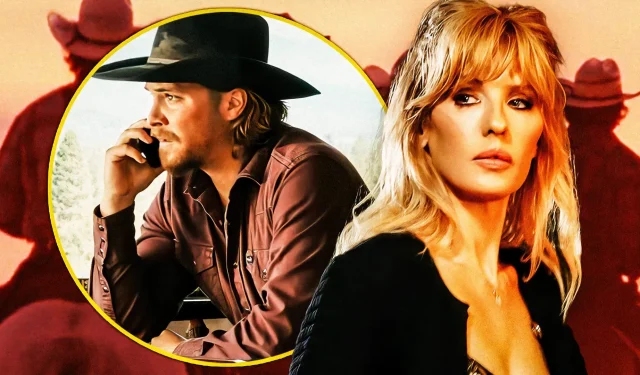
Yellowstone Finale: A New Era for Broken Rock Reservation
As the neo-Western drama Yellowstone reaches its conclusion, significant revelations about the Broken Rock Reservation emerge from the reflections of star Gil Birmingham, who portrays Chief Thomas Rainwater. After a turbulent five-season journey, the narrative culminates with Rainwater and his community reclaiming the Yellowstone Ranch, a fulfilled prophecy linked to the Dutton family’s inception in the valley back in 1883. In a pivotal moment, Kayce Dutton (Luke Grimes) negotiates a deal with Rainwater to return the land to its original owners at its historical price, preserving the ranch under the stewardship of its rightful caretakers.
Emotional Significance of Land Reclamation
In a recent conversation with Grant Hermanns from ScreenRant, Birmingham elaborates on the profound emotional resonance tied to reclaiming Montana’s sacred lands. He articulates that the restored ownership signifies a “home that nobody can take away,”which holds deep meaning for the Broken Rock Reservation.
I can now speak to the day that we filmed it, and I felt the same way when I read it, I was just really emotionally overwhelmed. Because I don’t think Thomas Rainwater would have imagined, maybe in his lifetime, that he would have been able to accomplish the gathering of all that land, the 260,000 acres.
There was going to be a piecemeal deal, and it was going to be an uphill battle all the way, not just with John, but the corporate interest that wanted that land, as well, which I don’t think is going to end, even with Rainwater designating it as a wilderness area. But, yeah, it was very, very moving and very touching.
And I think for Rainwater, primarily because his intent was to try and try to acquire land, first of all, as a steward of the responsibility through the law of nature for his people, so they would have a home that couldn’t be pulled away from them. There’s a lot of historical stuff that’s part of it. I use the reference of the reservations when they’re first designed, and how they just got smaller and smaller and smaller.
And the hope for Rainwater was that, “We’re going to find a home that nobody can take away from us, and that we’re going to steward this land, in terms of what we feel our responsibility is, and to keep it as close to the condition it was in before man even came here.”
Birmingham emphasizes that the land’s return is more than just ownership; it represents a chance for his community to reconnect with their ancestral ties to Mother Earth. Yet, he acknowledges the accompanying challenges:
I would think [his people] would be thrilled that the community has gotten the land back. I don’t think they would have imagined that this would have happened in such a large scale. Now, the responsibility is how do you generate enough resources to be able to do that stewardship? Because it’s a sacrifice. It was for the Duttons all those 141 years.
It’s not like, “Yeah, we own it, so we’re protecting it.”It’s all the other outside interests that are trying to destroy it or exploit it. So, I don’t see that element of it going away. But in terms of the intention of Rainwater, I use the example of some of the tribes that I know that have really developed communities for their tribe of schools and hospitals and a community where they can feel safe and comfortable, and know that it’s not going to be taken away from them and, outside of that, maybe the utilization of an educational center.
I know more and more people are finding that the city life is very kind of spiritually draining, and the only thing that they’re missing is their connection to Mother Earth. That’s kind of the whole culture of the Native world. Mother Earth is the one thing that sustains all life, and we’ve been so disconnected from it. That’s why we have the depression and the sadness that most people feel.
Implications of Reclaiming the Dutton Ranch
A Historic Promise Fulfilled
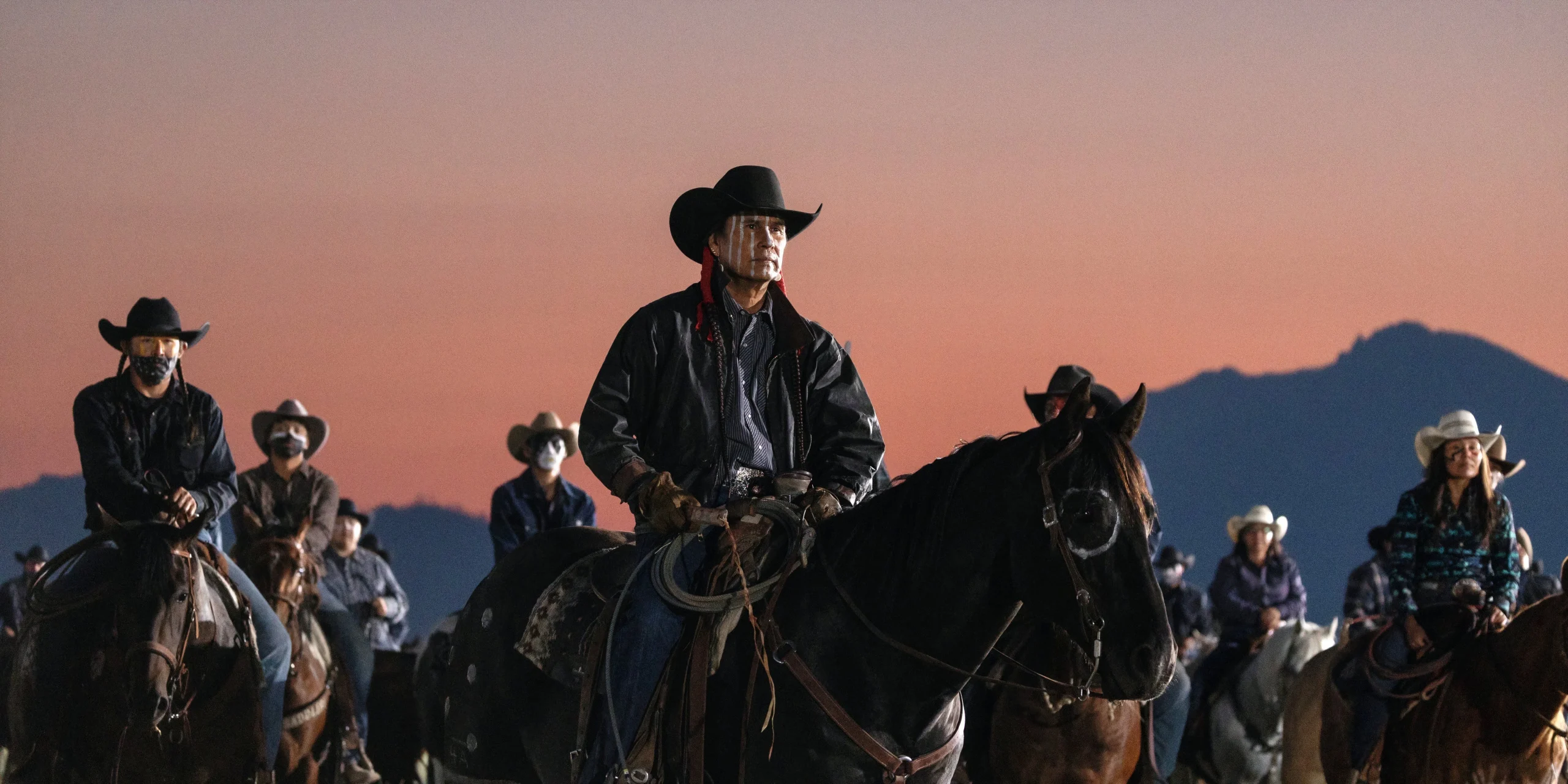
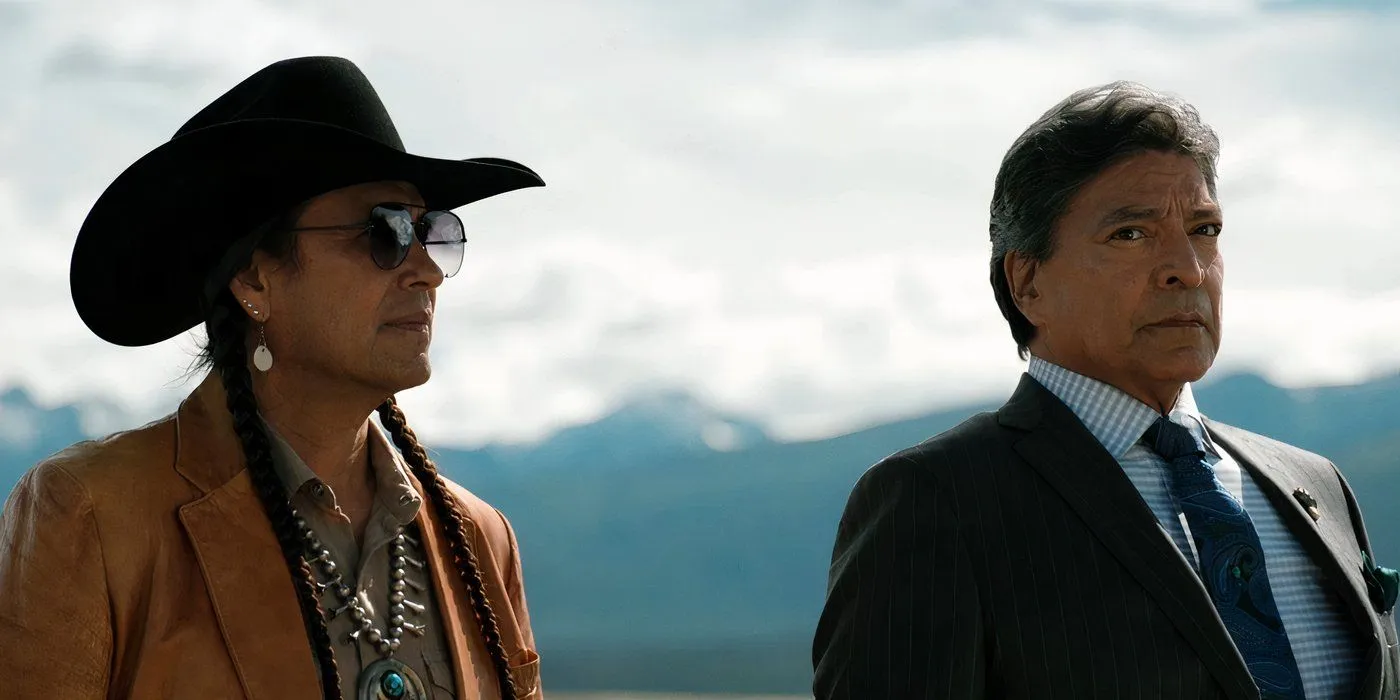
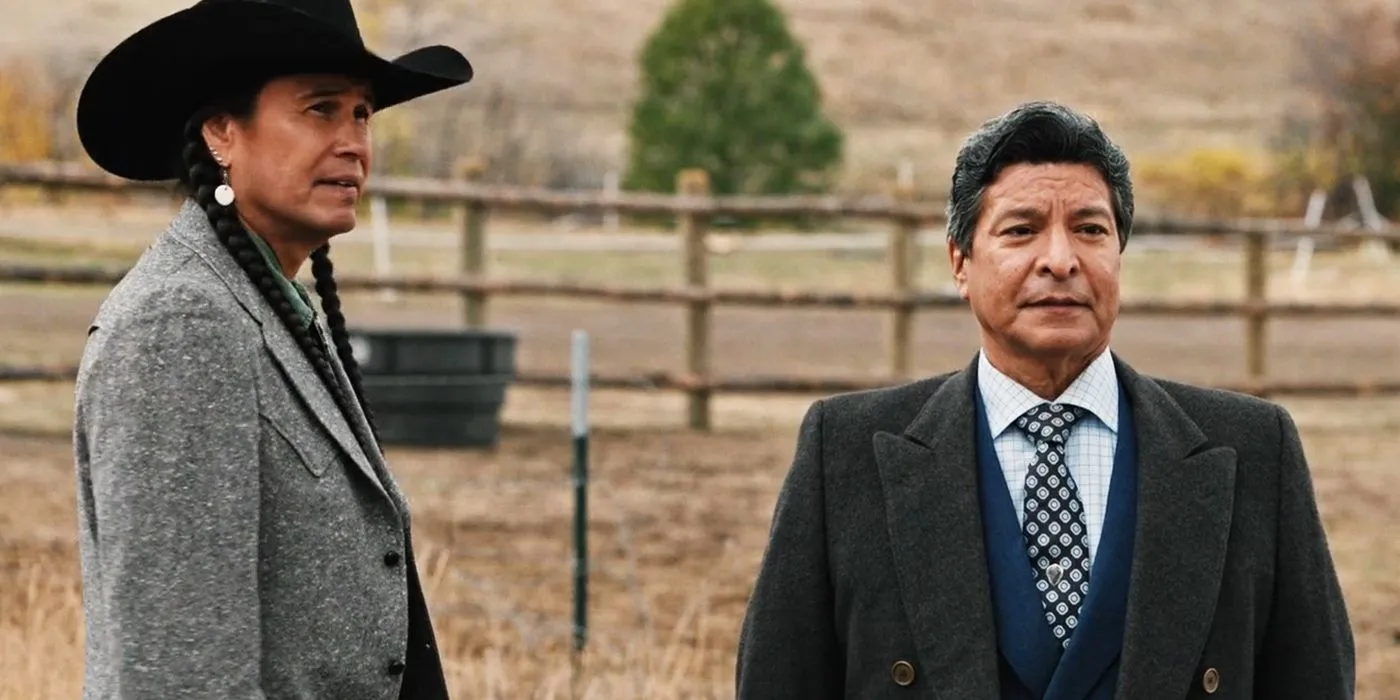
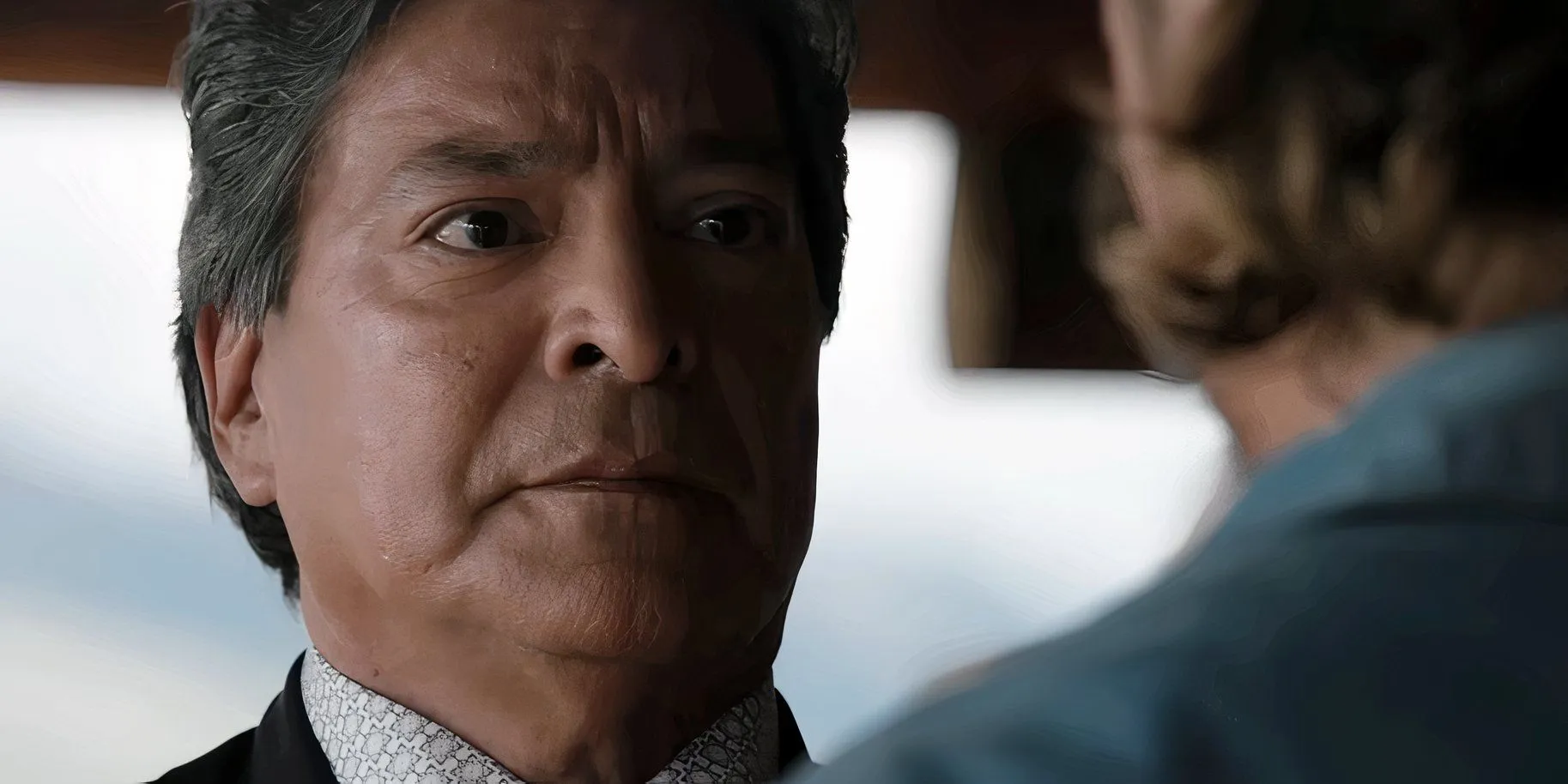
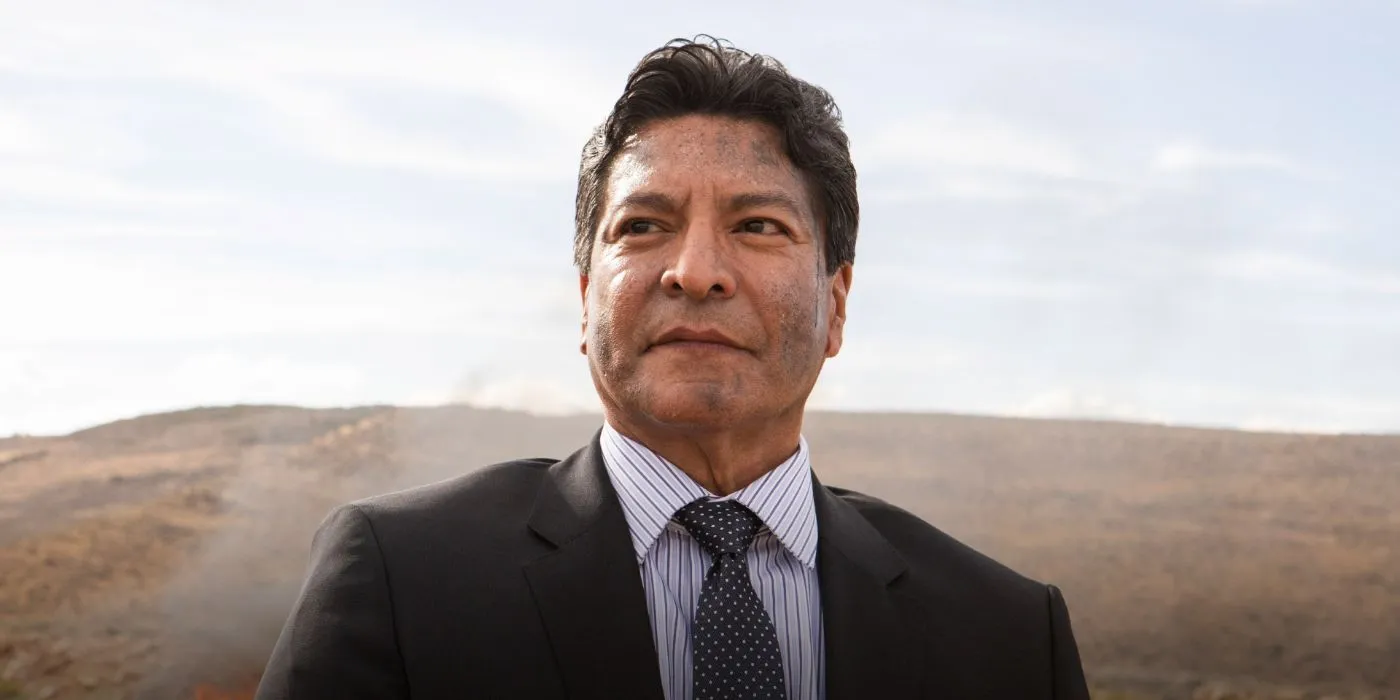
The transfer of Yellowstone Ranch back to the Broken Rock Reservation marks a poignant full-circle moment for the series. In the prequel 1883, Spotted Eagle foretold to James Dutton, “In seven generations, my people will rise up and take it back from you.” Now, over 140 years later, this prophecy comes to fruition, highlighting a rare historical inversion where Indigenous stewardship takes precedence.
Birmingham articulates the notion of stewardship as a “sacrifice,”resonating with Elsa Dutton’s concluding words: “Raw land, wild land, free land can never be owned, but some men pay dearly for the privilege of its stewardship.”This sentiment raises Sheridan’s commitment to exploring the multifaceted issues of land ownership and generational obligations as it relates to America’s tumultuous history with Indigenous peoples.
Moreover, while the finale of Yellowstone resolves many arcs, it also leaves several questions unanswered. Chief Rainwater faces political hurdles within the Broken Rock community, particularly following Angela Blue Thunder’s past attempts to challenge his leadership. Additionally, the tribe’s resistance against pipeline construction signals ongoing disputes with corporate and governmental entities. These unresolved issues present an opportunity for a compelling spin-off centered on the Broken Rock community, exploring their journey as stewards of a historically meaningful expanse of land.
Perspectives on Rainwater’s Future Role
A New Chapter for Broken Rock
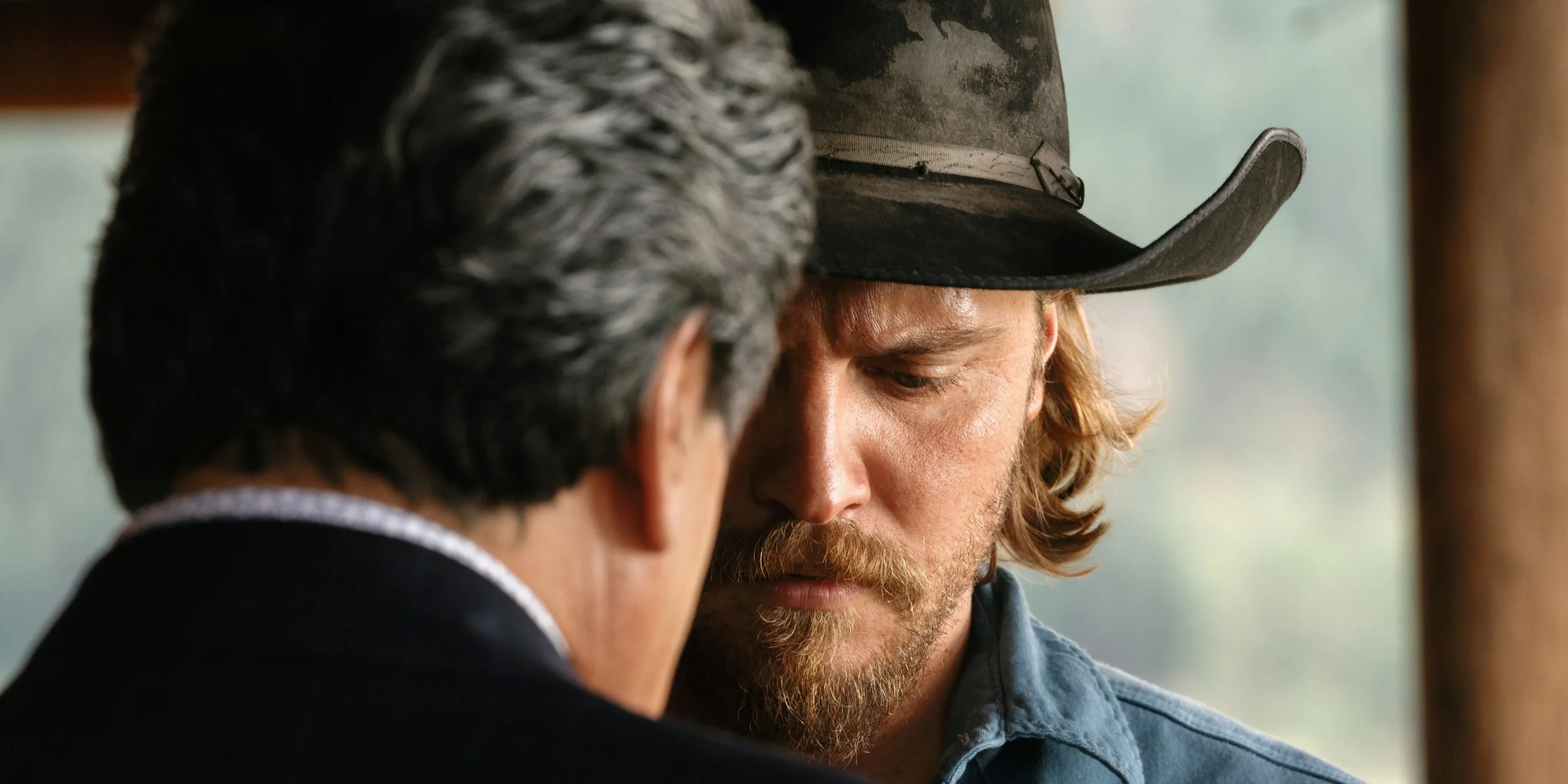
With the stewardship of the ranch entrusted to Chief Rainwater and the Broken Rock Reservation, Sheridan’s narrative honors the complex legacy of the American West, acknowledging its troubled past. Birmingham’s portrayal of Rainwater has become essential to the series, offering a nuanced depiction of a leader bearing a significant and historic burden.
The finale of Yellowstone signifies a pivotal conclusion in the Dutton family saga while fostering a meaningful conversation about the relationship between people and the land. By granting ownership of the Yellowstone Ranch to the Broken Rock Reservation, Sheridan presents a rare narrative that embodies themes of justice and hope for Indigenous communities. The potential for a spin-off focused on Chief Rainwater offers an exciting opportunity to deepen these critical themes, as well as to provide a platform that celebrates Indigenous leadership and storytelling, ensuring that the legacy of Yellowstone continues to resonate for years ahead.




Leave a Reply